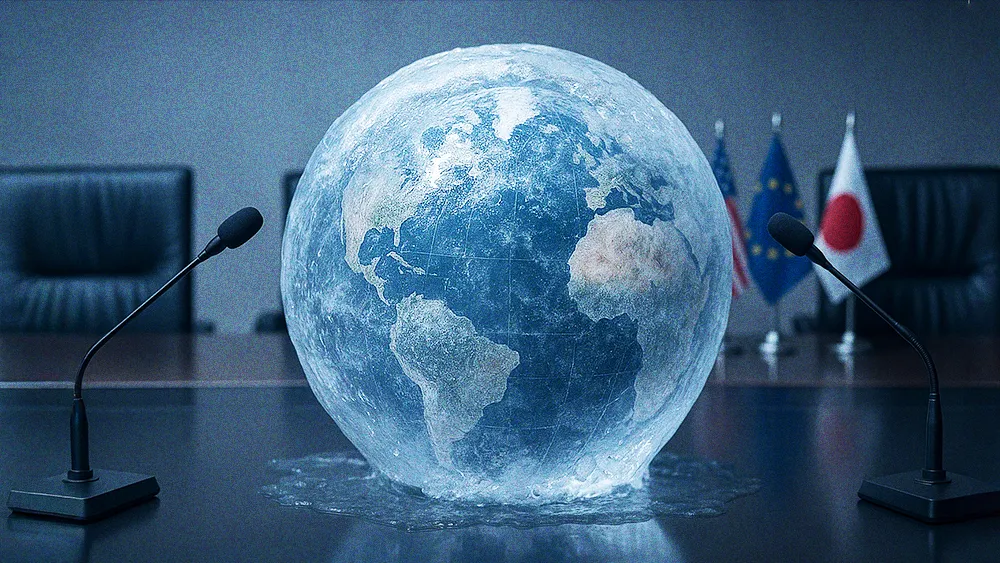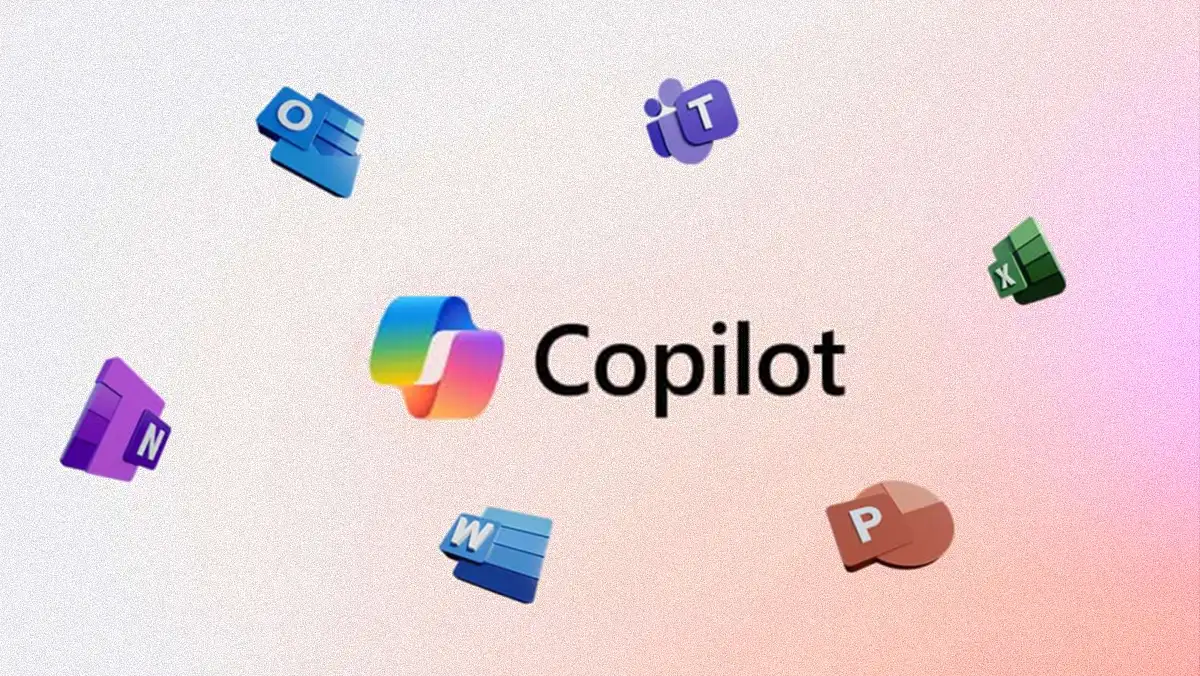
All articles
Former US Trade Chief on the 'Bar Napkin' Deals Freezing Global Investment
Former U.S. Under Secretary of Commerce, Christopher Padilla, explains why deliberately vague international trade deals are creating uncertainty for global businesses.

Key Points
Christopher Padilla, former U.S. Under Secretary of Commerce and Senior Advisor at the Brunswick Group, explains why deliberately vague international trade deals are creating uncertainty for global businesses.
The intentional ambiguity results in a "freeze effect," paralyzing multi-billion-dollar investment decisions and supply chain shifts because companies lack the formal, stable text needed to make commitments.
Many businesses are skeptical of agreements functioning more as press releases than as actionable policy, with many highly publicized projects now being dismissed as "vaporware" that will never materialize.
These aren't real trade agreements that provide any sort of predictability for business. At best, they are high-level handshakes. Really, just terms of reference for future negotiations.

In July, headlines announced a landmark US-EU trade deal that seemingly averted a trade war. But almost as quickly as the deal was announced, it began to unravel. Conflicting interpretations immediately emerged, as when European Commission President Ursula von der Leyen stated that a 15% tariff ceiling would apply to pharmaceuticals, only for President Trump to immediately contradict her. Rather than an outlier, the episode is a symptom of a larger, more chaotic approach to international trade. Here, deals are more like "bar napkin agreements" than binding treaties,
To understand the impact of this chaos on global investments, we spoke with Christopher Padilla, Senior Advisor at the Brunswick Group, a business consultancy. Padilla is an expert who has viewed global trade policy from both sides of the table: first as a government official who helped build it, and then as a corporate executive who had to navigate its consequences. As Vice President of Government and Regulatory Affairs at IBM, he led a global team of over 100 professionals across 36 countries, managing the fallout from trade disputes, tariffs, and regulatory shifts for the technology giant.
Before his time in the private sector, Padilla was a key architect of American trade policy. Appointed by the President and confirmed by the Senate, he served as the U.S. Under Secretary of Commerce for International Trade, leading the 2,000-person agency responsible for developing trade policy and ensuring compliance with trade laws. He also helped negotiate free trade agreements at the Office of the U.S. Trade Representative. This experience, moving from the federal agency that designs trade deals to the corporate giant that must navigate their fallout, gives Padilla a uniquely sharp perspective on the current chaos.
"These aren't real trade agreements that provide any sort of predictability for business. At best, they are high-level handshakes. Really, just terms of reference for future negotiations," Padilla says. But the pattern of ambiguity extends far beyond the recent EU deal, he explains. The British believed they had secured zero duties on steel and aluminum, only to find they had been given a less favorable rate. Japanese negotiators were recently in Washington seeking basic clarification on auto tariffs they thought were already settled.
Chaos as leverage: For Padilla, the chaos is a deliberate strategy. And, it serves a dual purpose: it creates a decisive political advantage for the administration while simultaneously eroding the stability that businesses rely on. "The President wants ambiguity because he believes the ongoing uncertainty gives him leverage over trading partners. But that same uncertainty prevents businesses from making the investment or supply chain decisions they need to."
A direct and damaging economic consequence of this political strategy is what Padilla calls a "freeze effect." The paralysis hits hardest on the kinds of long-term, high-stakes capital decisions that underpin economic growth, which can often take years to implement. "Businesses are frozen. They can't make multi-billion-dollar decisions about building a new factory or shifting a supply chain based on a tweet and a fact sheet. They need text."
In this environment, even the most prudent contingency planning becomes a high-stakes gamble. Here, Padilla points to Brazil, which briefly looked like an attractive alternative to China for apparel sourcing amid a 10% tariff. But just weeks later, the administration announced 50% tariffs on Brazil, a move linked to political displeasure that destroyed its viability as a safe harbor overnight.
The flawed contingency plan: Padilla dismisses the idea that this environment can be navigated with strategic frameworks like game theory. The decision-making is simply too arbitrary and unpredictable, he explains. "You can make contingency plans based on today's reality, but then the President announces something new tomorrow. It's like he can just say, 'I don't like the color of your eyes, so I'm going to hit you with a 50% tariff.'"
Padilla frequently sees companies repackage existing plans as "new" investments to align with political announcements. But the reality on the ground is one of stasis.
Vaporware investments: In sharp contrast are the massive, real-world investments that followed the text-heavy US-Mexico-Canada Agreement (USMCA). But even that deal can be threatened, Padilla cautions. The result is a business community deeply skeptical of any new announcements. "Most of these investment announcements are vaporware. Just like the trade agreements, they're press releases. The real question is whether they will ever be converted into brick and mortar. In many cases, that remains to be seen."
Looking ahead, Padilla sees no easy end to the uncertainty: "It's not going to get better for the next three and a half years." In his view, only two things could force a change: a major economic downturn or a court ruling that curtails the President's authority to impose tariffs under the International Emergency Economic Powers Act (IEEPA). Until then, he advises clients in critical sectors like pharmaceuticals and semiconductors not to assume any verbal commitments will be honored. In conclusion, he poses a final, pointed question: How realistic is it for the EU to expect its promised 15% tariff on pharmaceuticals when the administration is simultaneously threatening a 250% tariff on imported drugs? "That's a hell of a discount. I would not bet my salary on that commitment being fulfilled."





